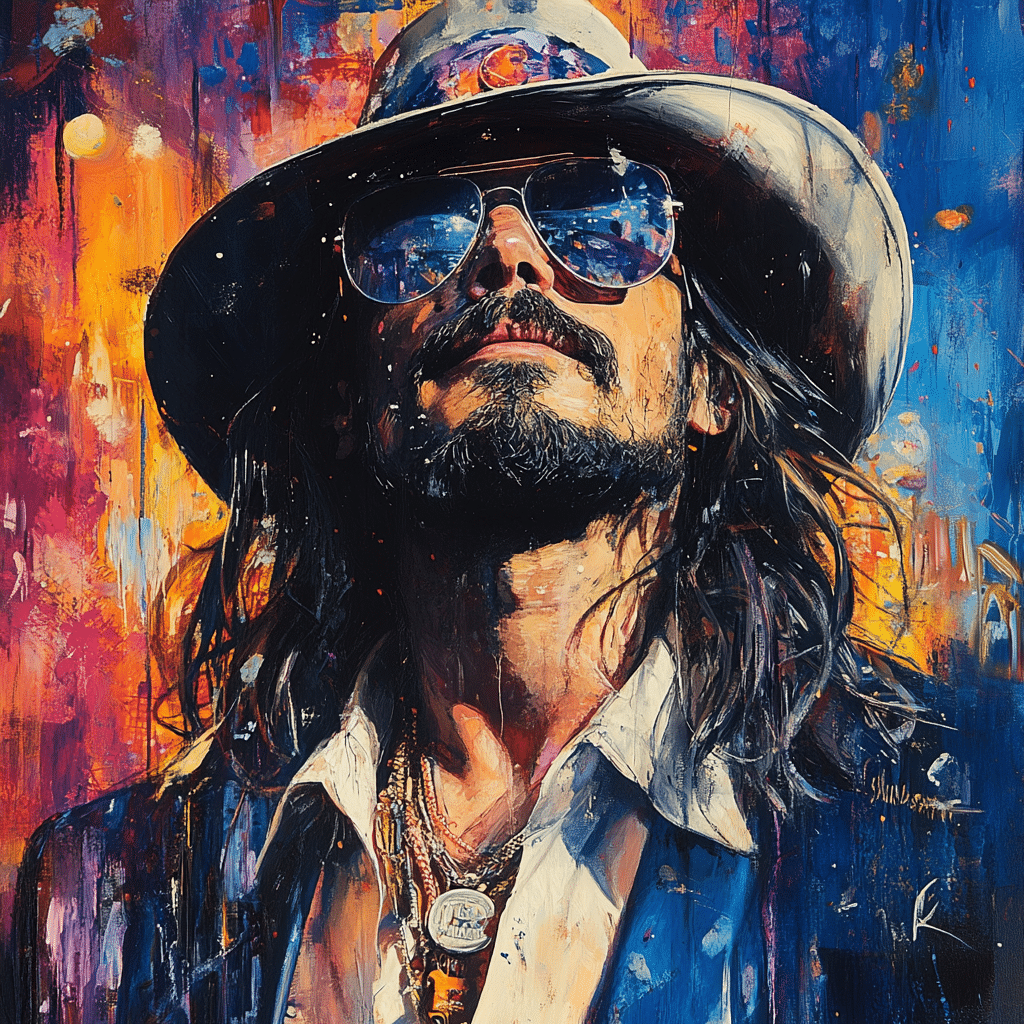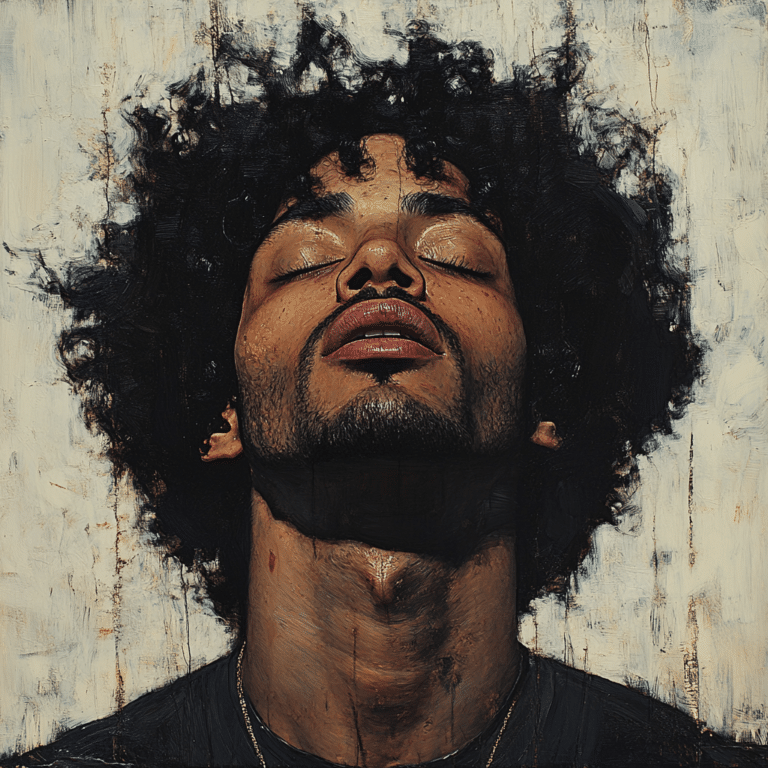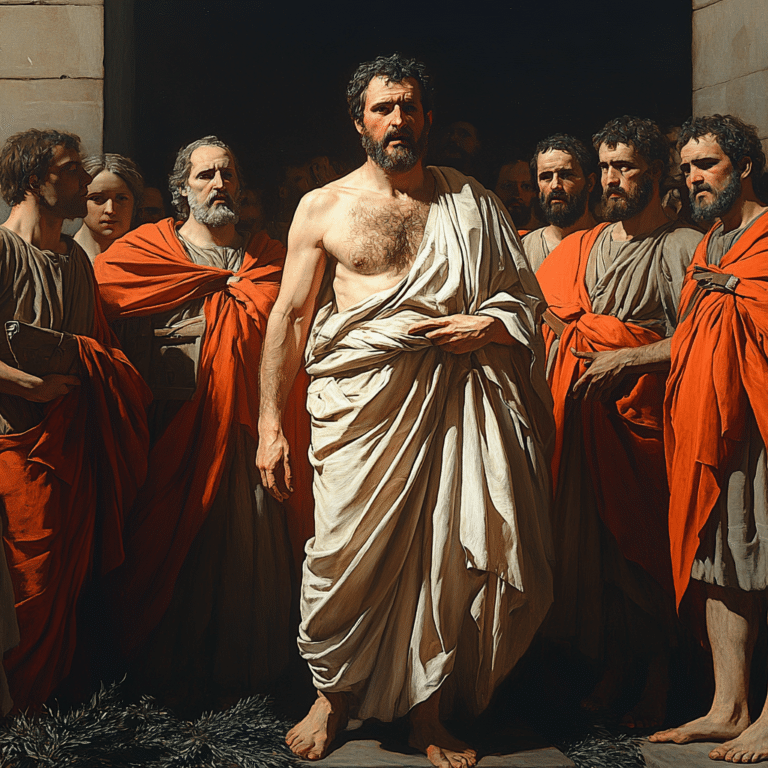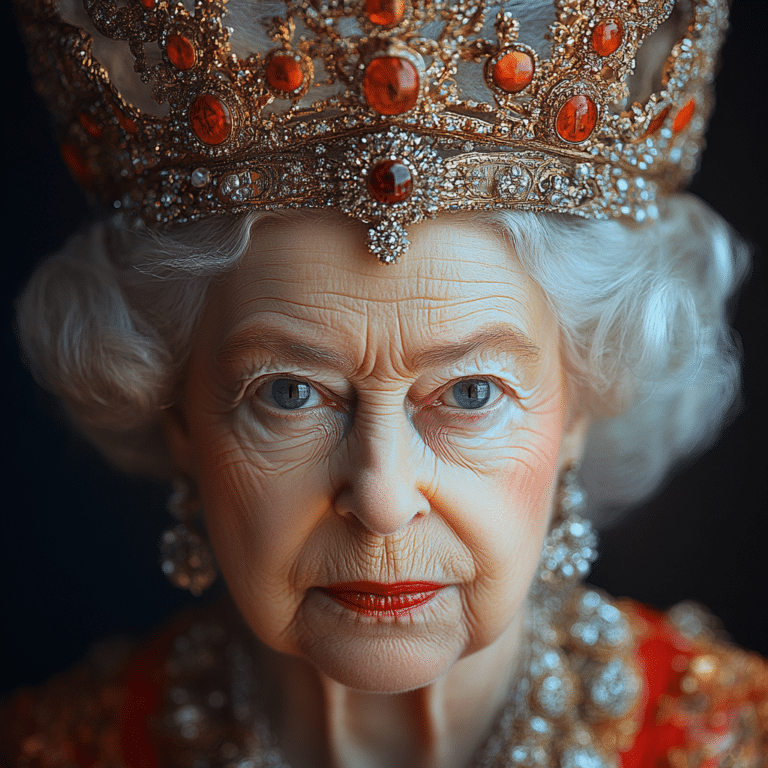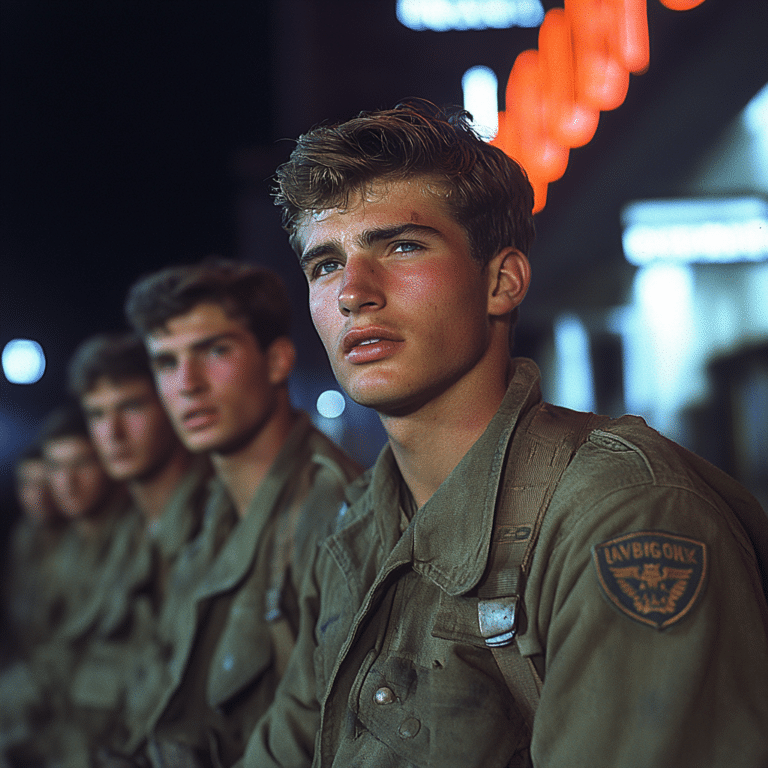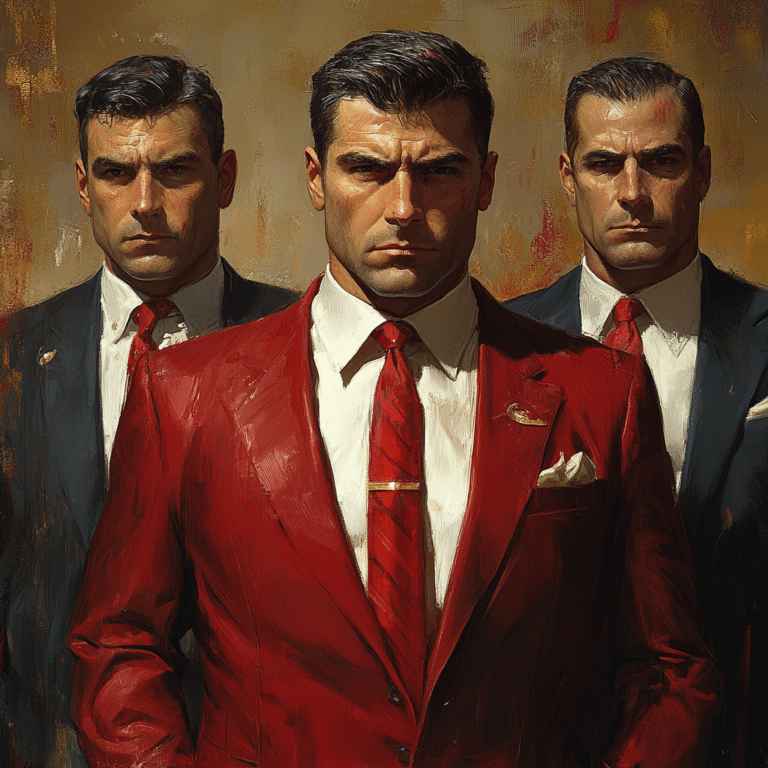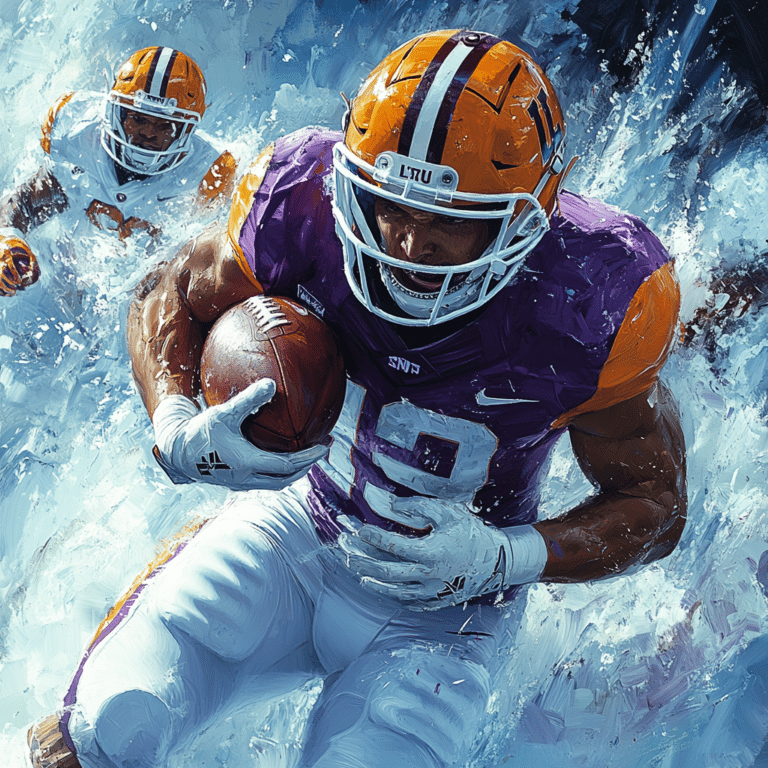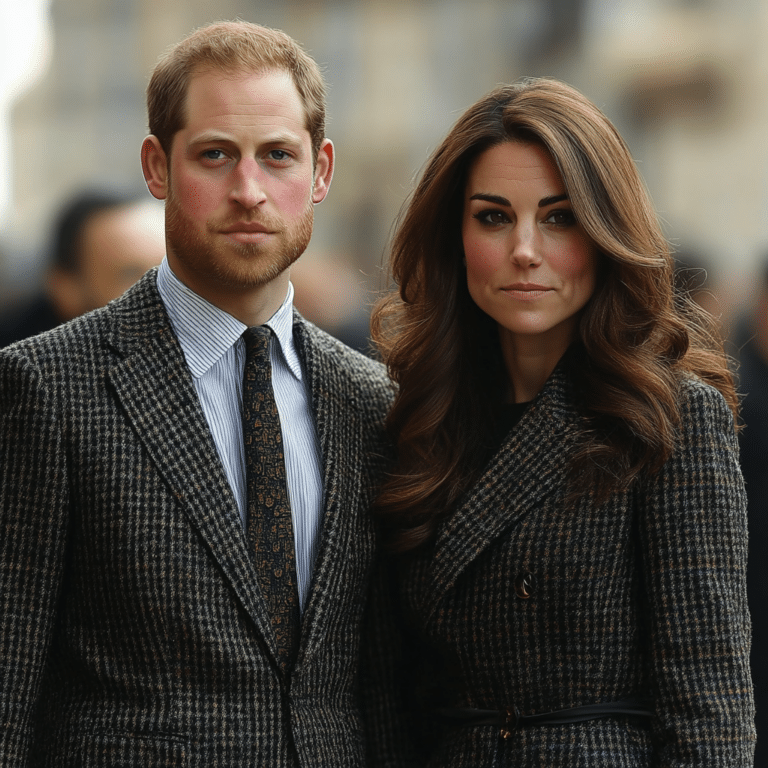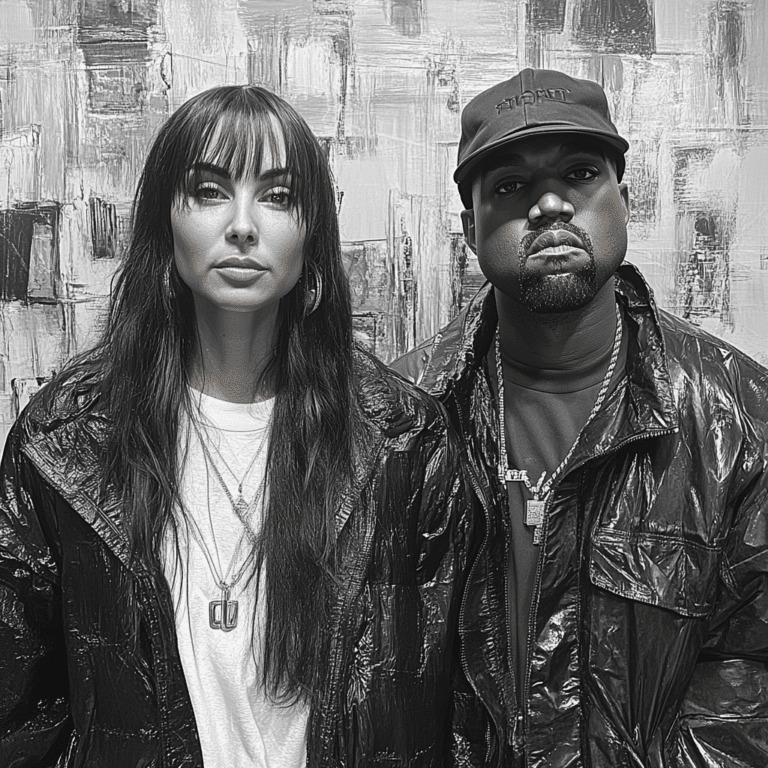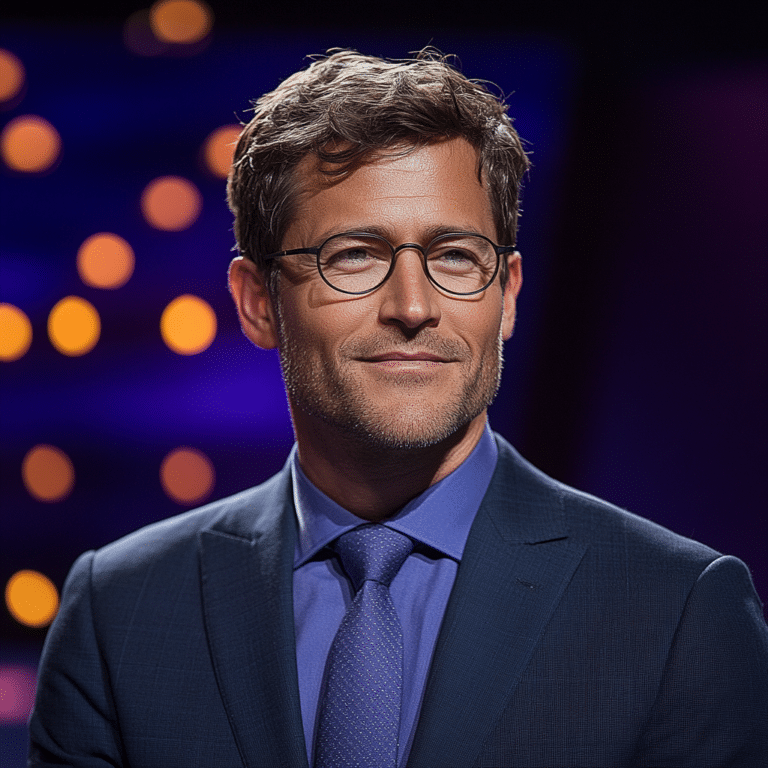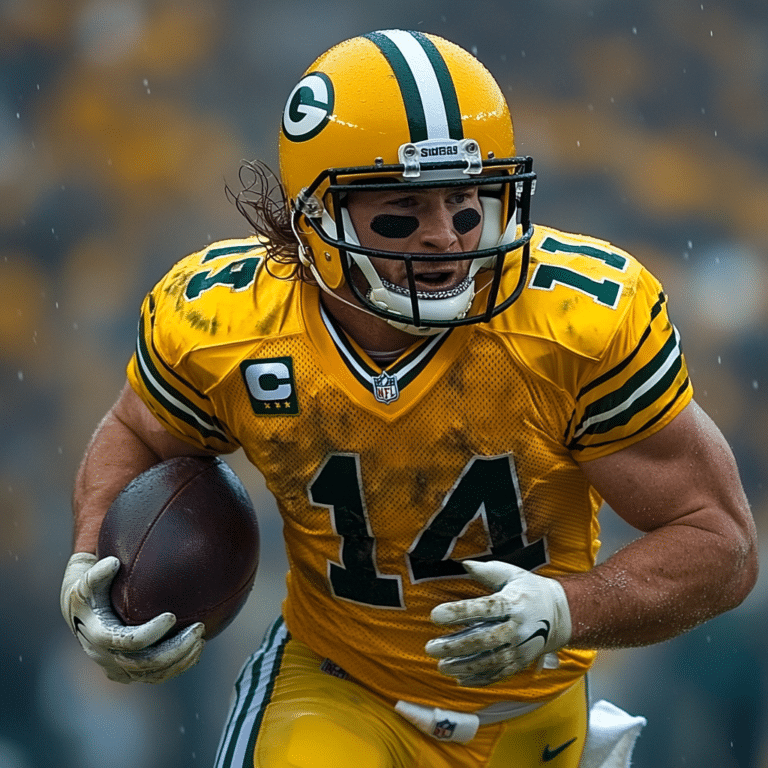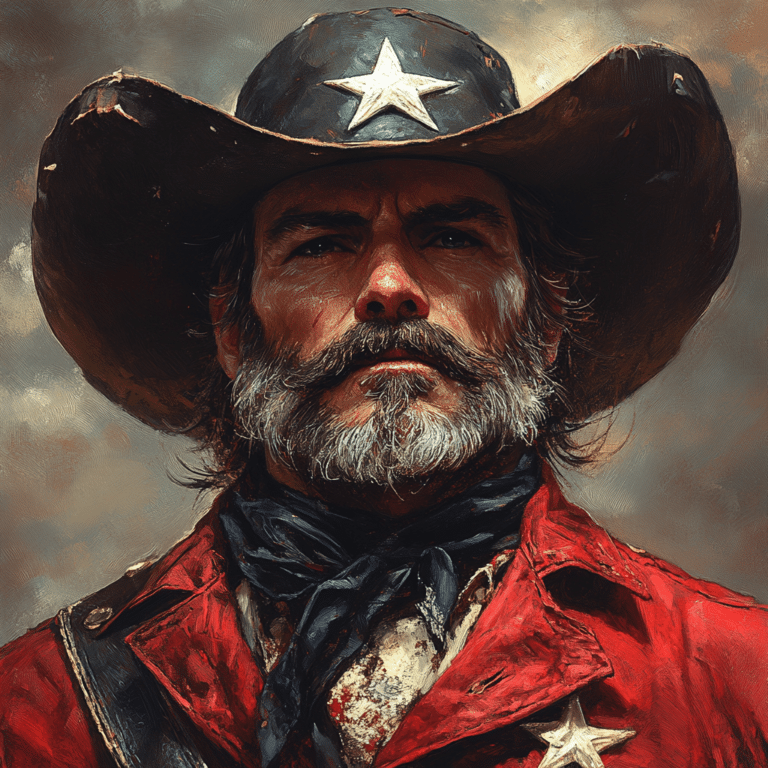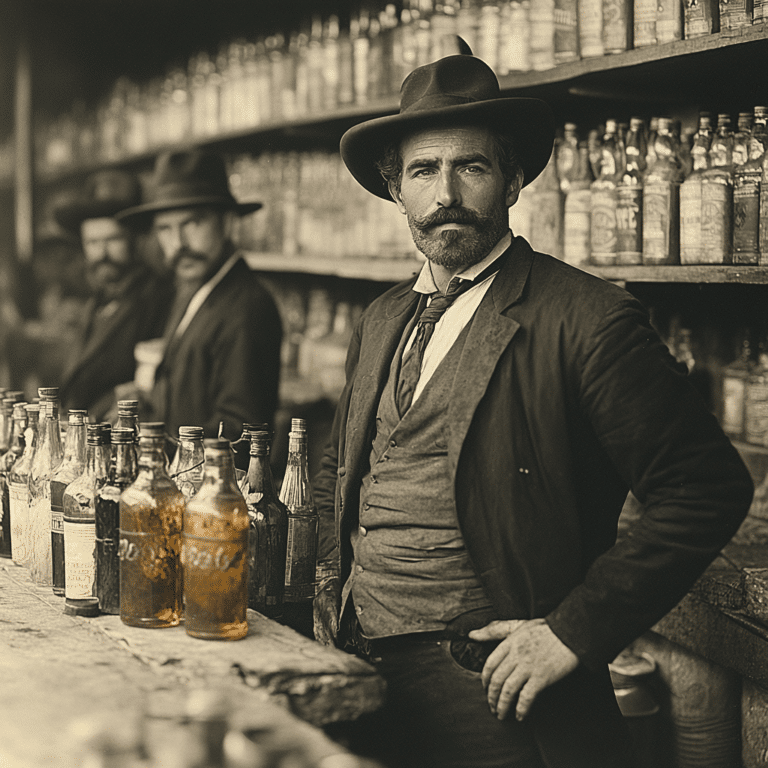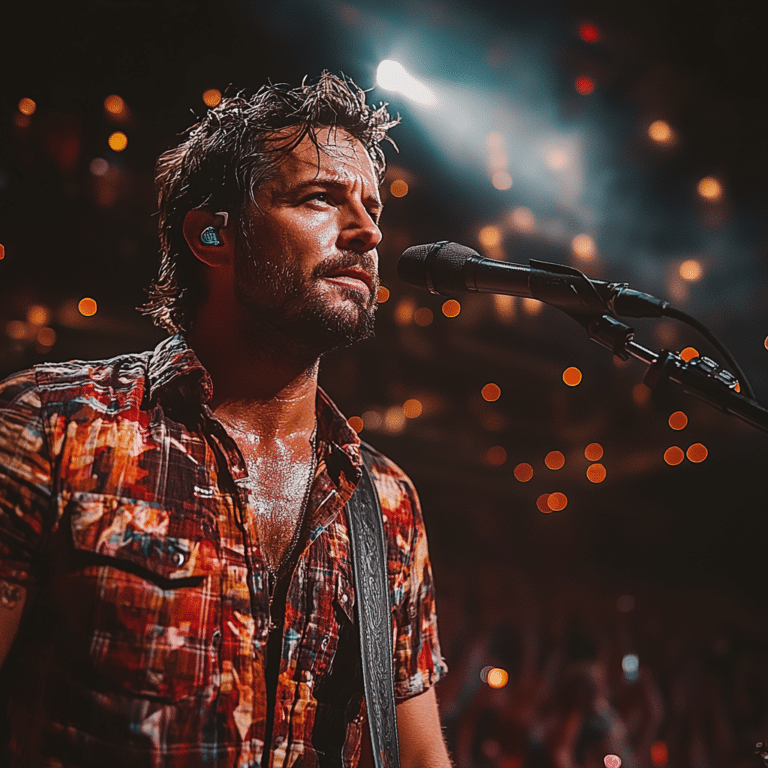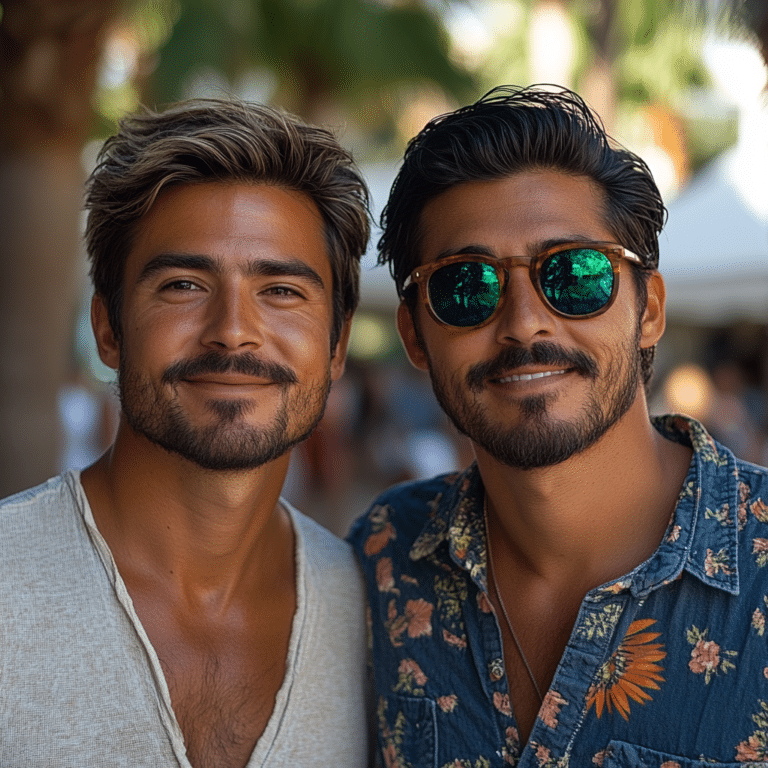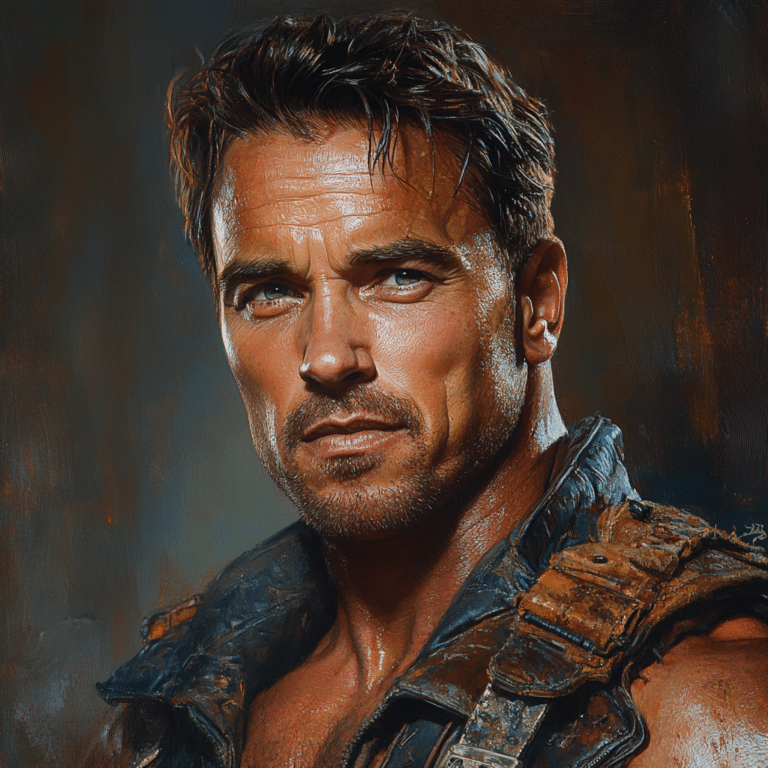As the 2024 discussions heat up in the cultural landscape, the Kid Rock Bud Light boycott continues to dominate conversations among conservatives and progressives alike. This situation not only reflects a burgeoning feud between celebrities and corporations but also illuminates broader societal divisions. Below, we delve into the layers of this ongoing controversy.
What Sparked the Kid Rock Bud Light Boycott?
The catalyst for the Kid Rock Bud Light boycott can be traced back to his viral video in April 2023, where he boldly denounced Bud Light’s partnership with transgender influencer Dylan Mulvaney. In the video, Rock wielded a machine gun and famously yelled, “F*** Bud Light.” His direct actions resonated with many who felt similarly affronted by what they perceived as corporate overreach into social and cultural domains. Rock stated that the video was “marketing to his folks” who drink light beer, making it clear that he aimed to voice the growing dissent among his fanbase.
This incident didn’t just stop with Rock’s fervent proclamations. It lit a fire under a movement that gathered steam quickly, with like-minded fans and various brands rallying against Bud Light. As a result, reports suggest that Bud Light lost $1.4 billion in U.S. beer sales last year as customers turned their backs on the once-popular brand. Here’s a fun fact: the company even saw its market value fall by over $27 billion, as retailers reduced shelf space for the product by nearly 7.5%. It’s no doubt a shocking reality check for a brand that once enjoyed undeniable dominance in the beer industry.
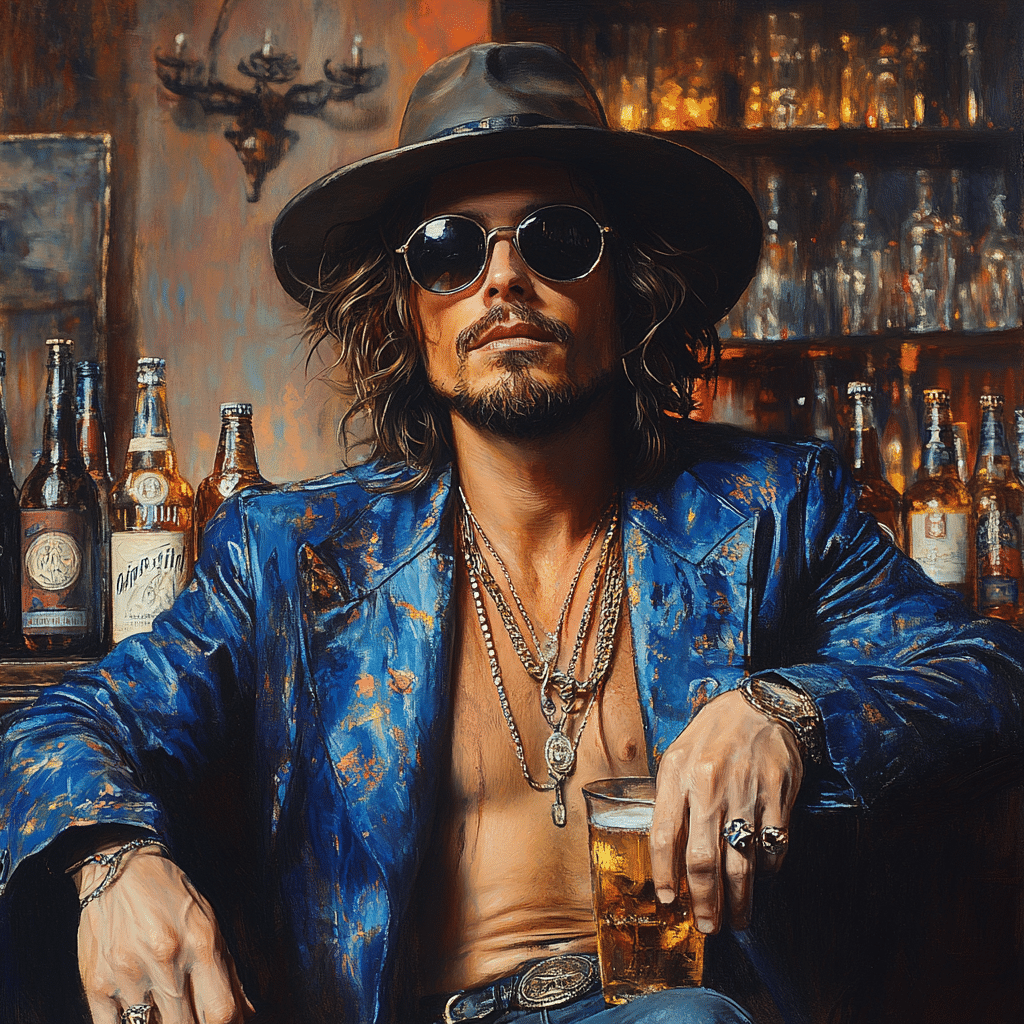
The Cultural Impact of the Kid Rock Bud Light Boycott
Repercussions on Corporate Branding
Rock’s actions have forced brands like Bud Light to reckon with the reality that social responsibility and public relationships hold significant sway over consumer choices today. As Bud Light faced backlash, many consumers found themselves reconsidering not just their drinking choices, but also what brands represent in their lives. Traditional family-friendly brands, like Bud Light, are now scrambling to reassess how their partnerships resonate with their costumers. The fallout serves as a glaring reminder of how quickly public sentiment can shift.
When companies make business decisions entwined with social issues, they add a layer of complexity to their branding. This shift might lead to a future where brands walk a fine line while aiming to avoid controversy. The consequences of social messages gone wrong are evident, making corporate America re-evaluate relationships with influencers and celebrities promoting divisive narratives.
The Role of Social Media
Platforms like Twitter and Instagram played a crucial role in amplifying the message of the Kid Rock Bud Light boycott. Users flocked to these platforms to share opinions, reactions, and experiences, further igniting cultural conversations. Social media became a battleground for narratives surrounding the boycott, enabling the quick spread of information and reactions in real time. It illustrates how digital discourse can significantly shape brand reputation and steer public opinion.
With endless hashtags and memes, what started as a protest transformed into a cultural narrative with longevity. The boycott, once an individual act against a corporate partnership perceived as controversial, morphed into a fierce movement, captivating the attention of pundits and laypeople alike. Whether one agrees with Kid Rock’s stance or not, the influence of social media on cultural shifts can’t be overlooked.
The Controversial Figures: Kid Rock, Keke Palmer, and Dee Dee Blanchard
Kid Rock: A Rebellious Rockstar
Kid Rock is no stranger to a rebellious persona. By diving into the Kid Rock Bud Light controversy wholeheartedly, he reinforces his reputation as a critic of perceived social overreach. Rock represents a growing trend where artists are increasingly vocal about their political stances, often featuring deeply polarizing messages. He stands as a symbol for many seeking to preserve traditional values amidst changing cultural tides.
Kid Rock’s boldness resonates with those disillusioned by woke culture. Patrons and fans feel empowered to voice their frustrations, aligning with his message against brands that venture into contentious social issues. His actions in the name of patriotism and tradition have carved out a niche that appeals to a specific demographic craving authenticity.
Keke Palmer’s Role as a Contrasting Figure
In virtual contrast to Kid Rock, actress and personality Keke Palmer represents a progressive stance through her openness surrounding motherhood and personal life, including scrutiny over her baby daddy. Palmer has publicly embraced her evolving identity, signaling a shift in celebrity culture that speaks to modern norms and values. While Kid Rock emphasizes traditional American values, Keke Palmer embodies a contemporary narrative that may frustrate those standing firmly against the changing tides.
Even as conversations around cultural representation grow, Palmer’s emergence as a new-age figure solidifies the varying perspectives within the ongoing debate. Her willingness to showcase personal experiences under public scrutiny runs counter to Rock’s aggressive stance, further underlining the cultural divide we must navigate as conversations evolve.
Dee Dee Blanchard and Public Perception
The recent release of old photos of Dee Dee Blanchard, the infamous figure tied to the tragic story of Munchausen syndrome by proxy, has stirred deep conversations regarding victimhood and public perception. Although seemingly disconnected from the Kid Rock Bud Light narrative, this controversy echoes wider societal dialogues about accountability and responsibility.
Both narratives hold weight as society grapples with the implications of behavior and choices—whether at the level of individuals or brands. The advent of social media enables rapid transformation of public perception, causing figures like Blanchard to be scrutinized under an unforgiving lens. Such perspectives complicate the overarching dialogue around victimhood, resonating with activists and thinkers on various sides of these vibrant cultural discussions.
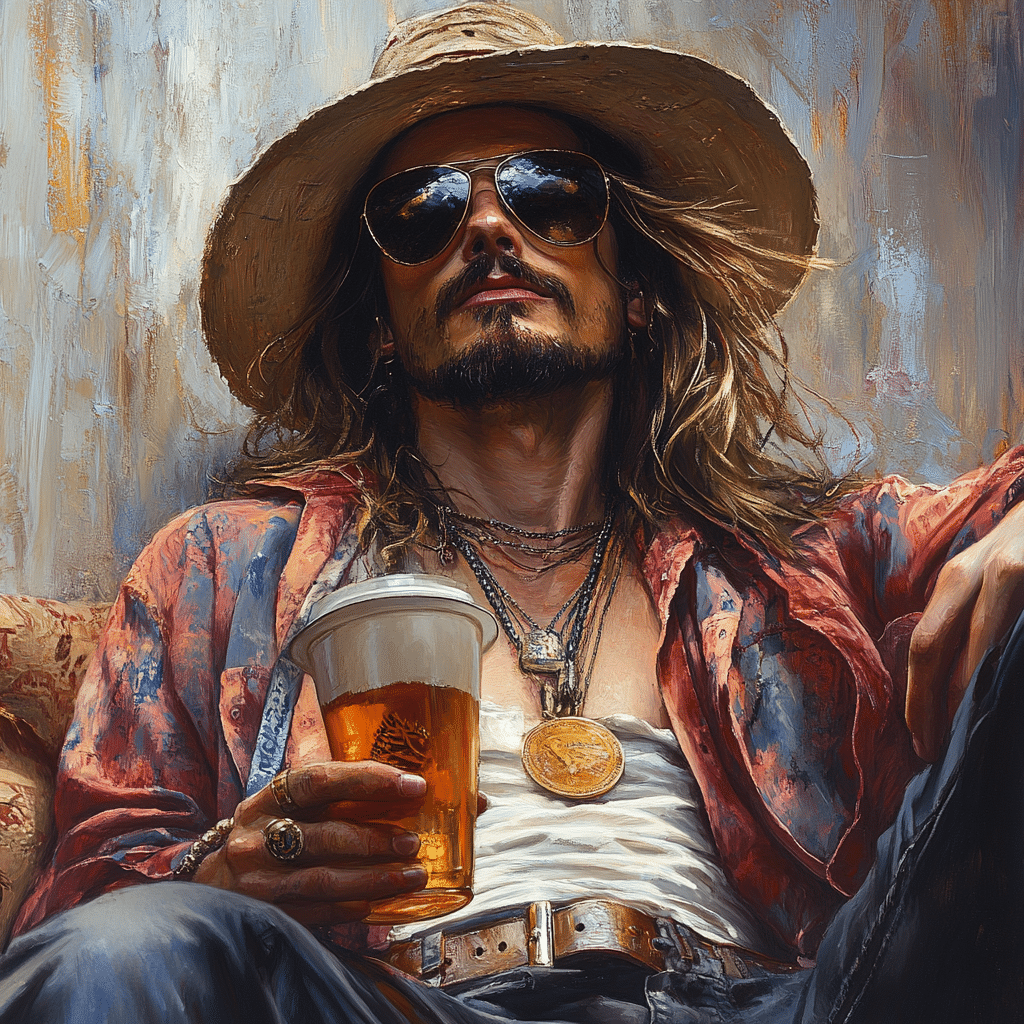
Jelly Roll Songs: Shifting Narratives in Country Music
Amidst the whirlwind surrounding Kid Rock, a new artist has emerged—Jelly Roll. His lyrics focus on themes of struggle, redemption, and vulnerability. This modernization of country music presents a stark contrast to the divisive political environment sown by Rock’s controversy.
While Kid Rock stirred up heated conversations, Jelly Roll’s work inspires discussions on shared experiences, allowing fans to connect through empathy rather than discord. Collectively, they represent the duality of contemporary country music, which aims to blend tradition with progressive insight. Heartfelt stories are now gaining traction in a genre once marked solely by unyielding masculinity, leading to a more inclusive and reflective dialogue among listeners.
The Broader Implications of the Kid Rock Bud Light Debate
The clash between Kid Rock fans and Bud Light serves as a microcosm of the larger societal divides present in America today. The Kid Rock Bud Light boycott transcends beverage preferences, digging into cultural identity, gender politics, and corporate responsibility. The ramifications of this boycott stretch far, illustrating how swiftly sentiments can pivot in the face of activism.
As we navigate deeper into 2024, the echoes of this vibrant debate will likely resonate through continued discussions around corporate America and social responsibility. This incident isn’t merely a one-off reaction to a marketing choice but signifies the challenges that stand at the intersection of identity and commerce. As culture influences consumer behavior, corporations must reconsider how they approach partnerships when navigating the polarized waters of public sentiment.
In conclusion, this examination of the Kid Rock Bud Light boycott reveals complex layers of personal and societal identity. The incident is indicative of how cultural narratives can reflect the ongoing evolution of America’s conversations. By shining a light on these issues, we may reclaim conversations and pave the way toward a more unified understanding of identity and responsibility. The country stands at a pivotal juncture, ready to engage, reflect, and redefine what community means to us all.
Kid Rock Bud Light: The Boycott That Made Waves
Just How Big Is Kid Rock’s Influence?
When Kid Rock made waves by boycotting Bud Light, it ignited an intense and often polarized conversation among fans and critics alike. This isn’t the first time the rock legend has taken a stand; his bold persona has often set the tone for discussions on various platforms, much like his influence in the rock and roll scene. Interestingly, Kid Rock’s knack for stirring the pot reminds us of how pop culture trends shape discussions, somewhat like the recent buzz surrounding the new Oreos flavor that had fans divided.
The Power of Celebrity Opinions
Celebrities can sway opinions in dramatic ways, just as politics sometimes play out on the grand stage of sports. For instance, remember the unforgettable Chiefs Bills game where fans passionately debated who would take home the trophy? Likewise, Kid Rock’s choices resonate far beyond his music, prompting discussions from bars to social media. The amplifying effect of his boycott parallels sports debates that stir emotions — like who you think deserves the most Peyton Manning Super Bowl wins.
Cultural Moments and Consumer Choices
What makes this whole Kid Rock Bud Light saga particularly fascinating is how it intertwines with current cultural moments. Just imagine scrolling past trending discussions while checking out the Yonkers results after a nail-biting election night. Fans casually soak in the buzz of celebrity actions while navigating their weekend plans — maybe shopping for men’s engagement rings or even snagging some stylish UGGs on sale. It’s a reflection of how consumer behavior can shift radically in response to the opinions voiced by public figures, thus cultural trends continue to evolve with every major decision made by influencers like Kid Rock.
As the debate over the Kid Rock Bud Light boycott rages on, it shows how personal opinions can shape larger consumer landscapes, reminding us all that every action has a ripple effect in the societal pool.
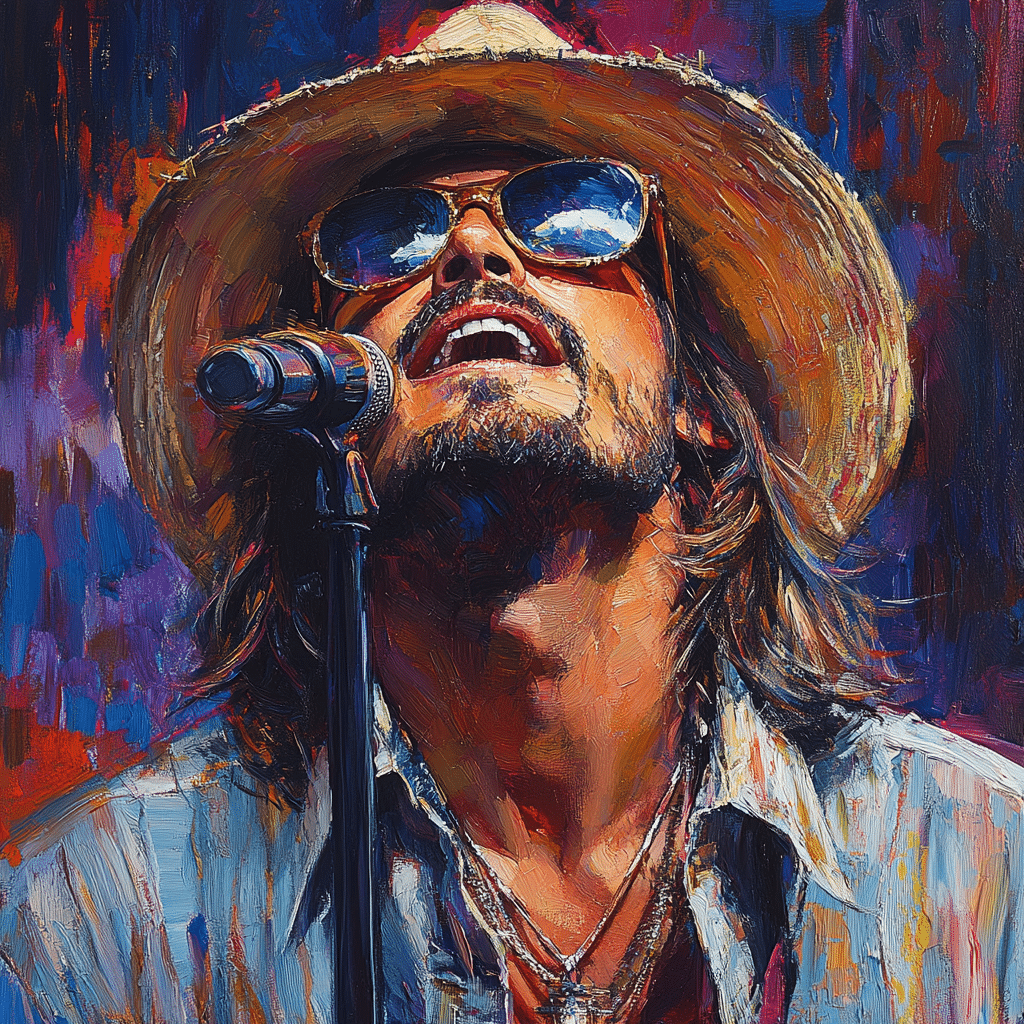
What is the deal with Kid Rock and Bud Light?
Kid Rock stirred up controversy when he posted a video in April 2023, shooting cases of Bud Light after the brand teamed up with transgender influencer Dylan Mulvaney. He claimed the video was meant to resonate with his fans who enjoy light beer and to make a broader statement about the backlash against the promotion.
Why is Bud Light being boycotted?
Bud Light’s boycott kicked off in April 2023, primarily fueled by consumers upset over its partnership with Dylan Mulvaney. Many people believed the collaboration conflicted with their values, which led to a significant consumer backlash.
How much money did Bud Light lose over boycott?
Bud Light suffered a staggering loss of $1.4 billion in U.S. beer sales in 2023 due to the ongoing boycott. The brand also saw its overall market value plummet by over $27 billion, leading to a cut in market share by half.
Why was Kid Rock wearing a Budweiser hat?
Kid Rock was seen wearing a Budweiser hat during an appearance on Fox News, even after the backlash against Bud Light. Some speculated this might be a slip-up given his strong stance against the brand last year.
Does Bud Light support Lgbtq?
Yes, Bud Light has shown support for the LGBTQ+ community, evidenced by its partnership with various LGBTQ+ influencers and initiatives, which played a role in sparking the boycott.
Is Kid Rock conservative?
Kid Rock has identified as a conservative, often voicing support for conservative causes and values through his music and public appearances.
How much money has Bud Light lost to date?
To date, Bud Light has lost around $1.4 billion in sales in the U.S. due to decreased consumer demand following the boycott that started in April 2023.
Who is Bud Light’s biggest competitor?
Bud Light’s biggest competitor is Coors Light, which has seen gains in market share amid Bud Light’s struggles. Other competitive brands like Miller Lite and Modelo are also beaching in successfully.
Are they changing the Bud Light logo?
There’s been discussion around a potential logo update for Bud Light, but as of now, no official changes have been announced.
How much has Budweiser lost in 2024?
In 2024, Budweiser has faced financial challenges as well, with losses still impacting their standing in the beer market.
What is the number one selling beer in America?
The number one selling beer in America is Bud Light, despite the challenges it faced in recent times, although its market position has been weakened substantially.
Is Colin Kaepernick representing Bud Light?
No, Colin Kaepernick is not representing Bud Light; he’s been associated with different brands and initiatives, but not specifically with this beer brand.
Why is it called Kid Rock?
Kid Rock’s stage name is a blend of his early musical influences and his actual name, Robert James Ritchie, coupled with his rebellious persona that fits the rock scene.
What is Kid Rock’s beer called?
Kid Rock has his own beer called “Badass Beer,” featuring a bold flavor that aligns with his rock-and-roll lifestyle.
Does Kid Rock wear his fedora backwards?
Yes, Kid Rock is known for wearing his signature fedora, often flipped backwards, adding to his edgy and rebellious image.
Where is Alissa Heinerscheid now?
Alissa Heinerscheid, who was previously involved with Bud Light’s marketing, has kept a low profile since the controversy but is believed to be pursuing new opportunities in the marketing world.
What happened to the Bud Light dog?
The “Bud Light dog” incident refers to a dog featured in Bud Light commercials over the years, which fell out of focus during the backlash. There have been no major updates regarding the branded dog since the boycott began, as the brand re-strategizes.
Who is Kid Rock married to now?
Kid Rock’s current marital status is unclear, as he’s been in and out of relationships over the years; he’s previously been married but is not confirmed to be currently married.
Does Kid Rock have a twin brother?
Kid Rock does not have a twin brother; he is the only child of his parents.

